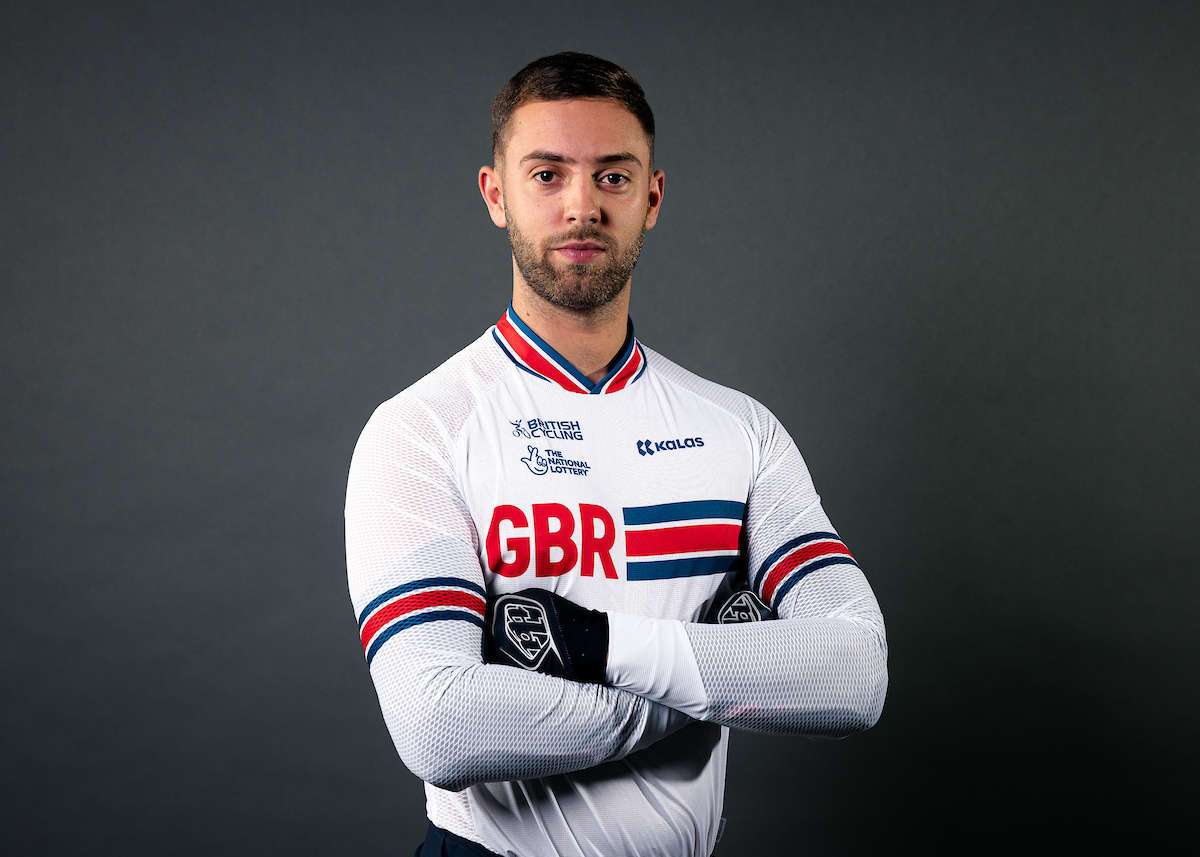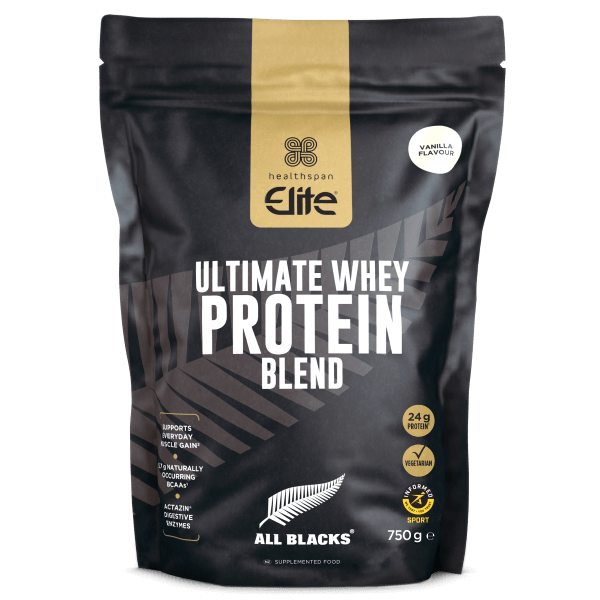Georgina Impson-Davey, Lead Nutritionist for British Cycling, on why post-race fuelling and nutrition is so important for recovery.
Why is it important to fuel your body adequately post-race or training?
Your body can only store a small amount of carbohydrates as glycogen in the muscles and liver, so every day this needs to be topped up with carbohydrates to provide enough energy to fuel your training or racing, and to optimise the recovery of glycogen stores between sessions.
If these stores are not adequately topped up, fatigue can occur, and this has the potential to impact cycling performance.
The aim of the immediate snack or drink after a session or race is to kick-start the recovery process. The highest rate of muscle glycogen storage occurs at the finish of a training session or race. Immediate recovery with nutrition is particularly important between sessions on a busy training day, or to prepare the body again for a consecutive race.

"My advice on the best recovery after a big training day or race day would be to immediately get in a Healthspan protein shake alongside a good solid meal, as well as stretching and massage either that night or the next day if you have a day off."
What are three foods you would recommend following a hard training session to support recovery?
The aim of nutrition immediately after a race or training session is to provide the nutrients your body needs to recover effectively. Using the Refuel, Repair, Rehydrate concept, you can make sure you refuel with carbohydrates to replenish your glycogen stores, replace protein to aid in muscle repair, and replace fluid to rehydrate and maintain the fluid balance your body requires.
A great example of a recovery strategy that ticks all three boxes, as well as includes important micronutrients, would be a fruit smoothie made with semi-skimmed or skimmed milk (the less fat included the faster the digestion.)
A liquid source of nutrients will digest faster than solid foods, to help kick-start that recovery process straight away. It's also simple to tailor the recipe to your preference and specific requirements.
"My usual post-race routine is to first of all get a can of Coke down me. I find it's really good at quenching the thirst after a hard race, as well as a really good source of carbs to kickstart the recovery process.
"While warming down on the rollers I'll usually have a whey protein shake, as it's really important to get the protein in as soon as possible. After that I have a meal at the hotel – plenty of carbs and protein to keep the stores topped up.
"Then it's time for a massage and a good sleep. The massage is a good way of winding down, sorting the legs out and starting the wind-down process ready for a good night's sleep.
"The next day I like to do an easy ride, get the legs spinning to get the race out of them, then stop for a coffee and chew the fat."
What two tips would you give a Great Britain Cycling Team athlete to help support their recovery?
First, that nutritional recovery isn't just about what you consume immediately after the race or training session. The recovery process continues for up to 48 hours after, so consuming regular meals and snacks following the guidelines of the performance meal wheel ensures a continuation of the provision of nutrients, to help you recover effectively.
Secondly, as the intensity of training increases, so does the utilisation of carbohydrate as a fuel source. To be able to produce high power outputs for prolonged periods of time you will need to make sure that you are adequately fuelled with carbohydrates.
The carbohydrate requirement of the recovery snack will typically depend on the intensity and the duration of the session or race: the higher the intensity, the more carbohydrate is used, so more will be needed to refuel as part of your recovery.
"The question I ask myself is, 'when do I need to be recovered for?' That allows me to build a strategy using the optimal Healthspan Elite product stack and recovery protocols. I train most days, but some days are a double day of training.
Recovering from a double day starts with nutrition and hydration between sessions. I will use a Hydration tab during my session and a whey protein shake straight after. Shortly after my shake I take on a balanced meal to replace glycogen stores – this tends to be something with white rice.
After the second session of the day I aim to use heat exposure protocols, along with a well-balanced meal. About an hour before bed I will use a cherry supplement; I also try and dim the lights and limit screen time to a minimum from around 8pm.
You can take all the supplements you like, but for them to be effective and for your body to utilise them properly, a good night's sleep is key. The next day I'm good to go again, and will plan my training depending on how hard the day before was.

Elite All Blacks Ultimate Whey Protein Blend
Protein powder co-created with the All Blacks
- 24g protein per serving to support muscle growth
- Added protease to break down protein for better absorption
- Available in vanilla, strawberry and chocolate. Low in sugar










